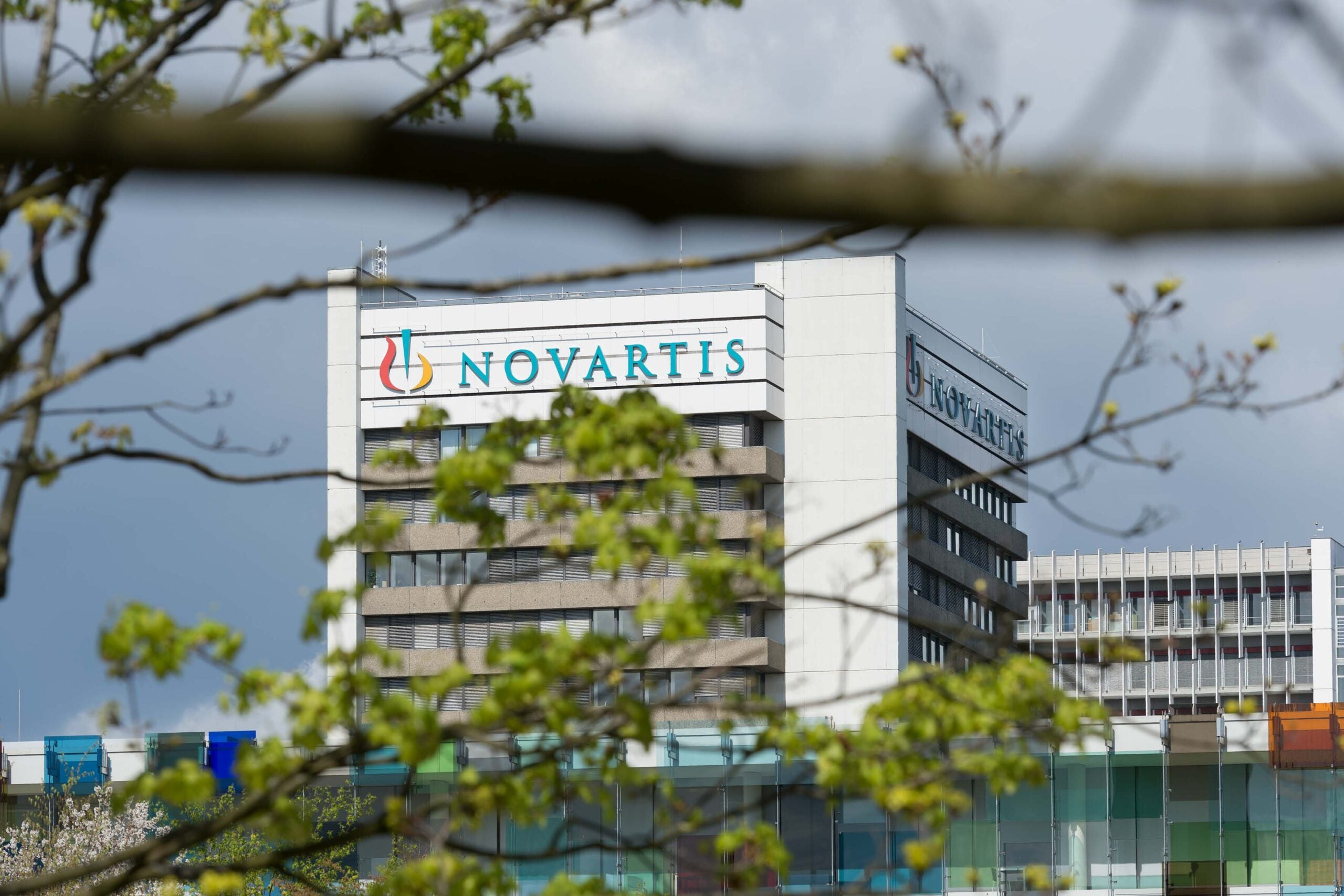
The US Food and Drug Administration (FDA) has lifted the partial clinical trial hold on Novartis’ intrathecal (IT) OAV-101 (AVXS-101) programme for patients with spinal muscular atrophy (SMA).
The agency placed the partial clinical hold in October 2019 based on findings from a pre-clinical animal study.

Discover B2B Marketing That Performs
Combine business intelligence and editorial excellence to reach engaged professionals across 36 leading media platforms.
The latest decision comes after the FDA analysed data from the company’s nonclinical toxicology study in non-human primates that addressed all detected issues, including questions related to dorsal root ganglia (DRG) injury after IT injection.
With the FDA approval and input, along with guidance from the European Medicines Agency (EMA), Novartis intends to commence the Phase III STEER trial to assess the clinical efficacy, safety and tolerability of a single IT dose of OAV-101 in SMA patients aged two to 18 years.
The randomised, double-blind, sham-controlled, registration-enabling trial will enrol more than 100 subjects who are therapy-naïve and can sit but cannot walk. The participants will be given either IT OAV-101 or sham for 52 weeks.
Efficacy and safety of IT OAV-101 versus sham controls for the treatment period will be the trial’s primary goal.

US Tariffs are shifting - will you react or anticipate?
Don’t let policy changes catch you off guard. Stay proactive with real-time data and expert analysis.
By GlobalDataNovartis Gene Therapies chief medical officer Shephard Mpofu said: “We are very pleased that our comprehensive nonclinical data package has addressed all issues identified related to DRG toxicity and the FDA has reached the decision that we may proceed with our OAV-101 IT clinical trial programme and initiate the STEER trial.
“We believe that all patients diagnosed with SMA should be able to benefit from the transformative impact of gene therapy and we remain confident that investigational OAV-101 IT is a viable potential treatment path for older patients who often have ongoing unmet needs, and for whom a one-time treatment could be especially compelling.”
In the Phase I/II STRONG trial, OAV-101 IT treatment substantially improved Hammersmith Functional Motor Scale-Expanded (HFMSE) scores and offered a clinically meaningful response in SMA Type 2 patients aged between two and five years.
Last month, Novartis reported positive data from the Phase III REACH3 clinical trial, showing that Jakavi (ruxolitinib) substantially enhanced outcomes in steroid-refractory/dependent chronic graft-versus-host disease (GvHD) patients.





